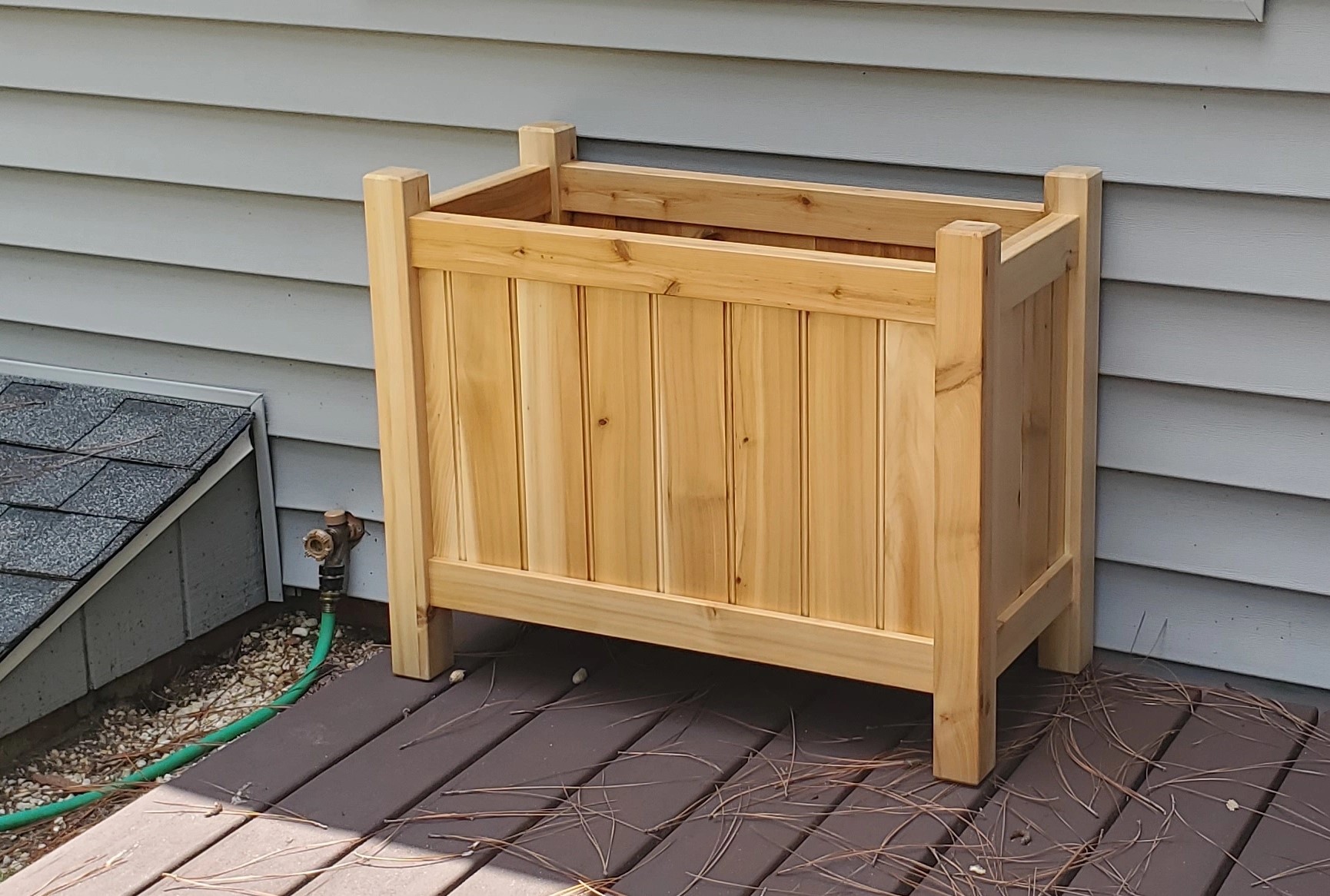If you want to be super exact about it it would be roughly 4 times the mass of limescale + mass of already dissolved CaCO3 in your tap water (you can look that up if you know the hardness index of your water).
But really just don’t be stingy with citric acid and it will be fine is what i am saying.
Here is the math:
Spoiler
2 frac {210.14 g/mol } {100.0869 g/mol} approx 4.2
<math xmlns=“http://www.w3.org/1998/Math/MathML” display=“block”> <semantics> <mrow> <mn>2</mn> <mrow> <mfrac> <mrow> <mn>210.14</mn> <mrow> <mi>g</mi> <mo stretchy=“false”>/</mo> <mi mathvariant=“italic”>mol</mi> </mrow> </mrow> <mrow> <mn>100.0869</mn> <mrow> <mi>g</mi> <mo stretchy=“false”>/</mo> <mi mathvariant=“italic”>mol</mi> </mrow> </mrow> </mfrac> <mo stretchy=“false”>≈</mo> <mn>4.2</mn> </mrow> </mrow> <annotation encoding=“StarMath 5.0”>2 frac {210.14 g/mol } {100.0869 g/mol} approx 4.2</annotation> </semantics> </math>





OpenWRT does not use liblzma or systemd so i think that one is pretty safe. I would also be surprised if Android included OpenSSH server binaries in that way.